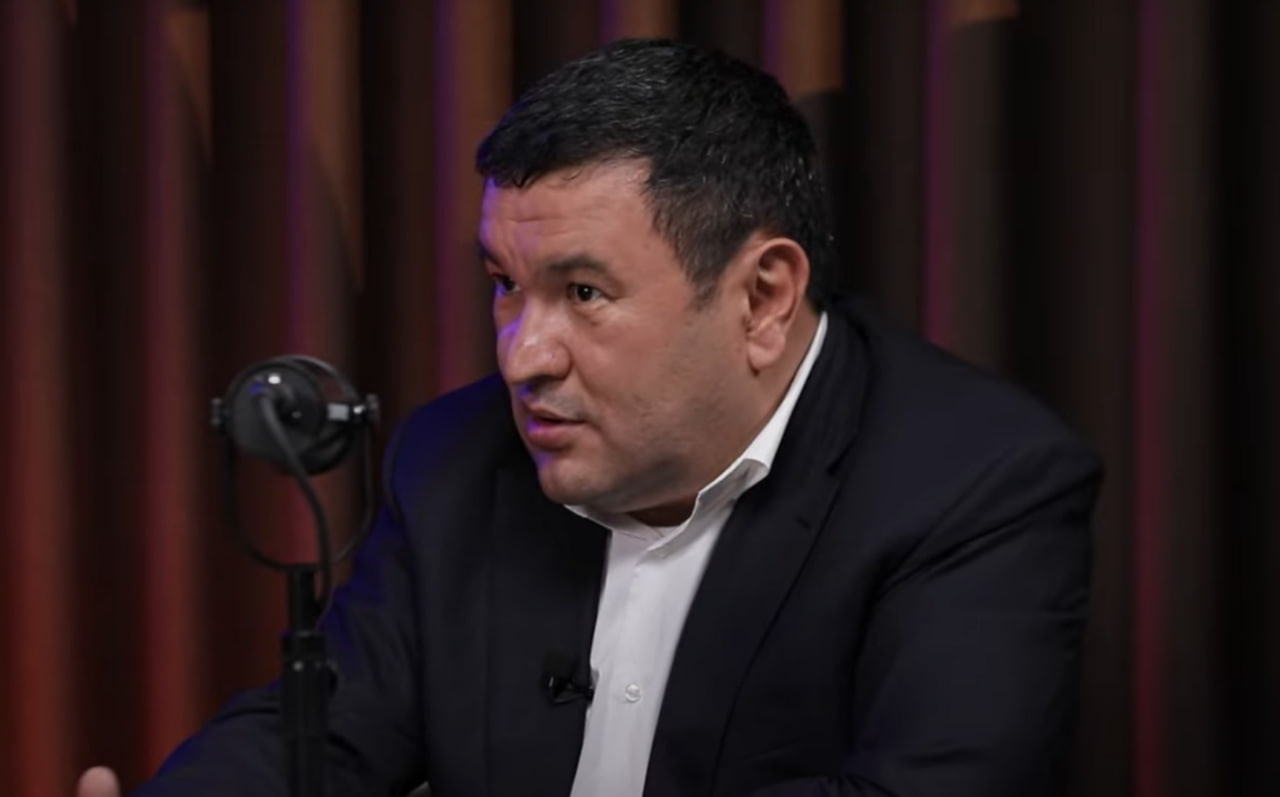“Nuclear power is one of the safest technologies in the world,” declared Uzbekistan’s Minister of Energy, Jorabek Mirzamahmudov, during a recent podcast appearance. Addressing the growing interest in nuclear energy and its potential role in Uzbekistan’s future, the minister emphasized the advancements in safety technology that make modern nuclear power plants (NPP) among the most secure energy sources available today.

Safety at the Forefront
Mirzamahmudov explained that nuclear energy now represents “the most technologically safe production process.” He pointed out that safety measures have evolved significantly, incorporating lessons from past nuclear accidents like Fukushima and Chernobyl.
“Even under the influence of external and internal factors, the possibility of radiation risk is reduced to a very minimal level,” he said.
Modern reactors are equipped with autonomous systems capable of functioning without human intervention for 72 hours during an emergency, ensuring continuous cooling and containment.
These safety mechanisms automatically activate in the event of a power outage, preventing catastrophic meltdowns.
“As I mentioned, the autonomous system is able to prevent a disaster for 72 hours: it cools the reactor, stops the melting process, and provides safety bottling of the solution, eliminating potential threats,” Mirzamahmudov added.
Uzbekistan’s Nuclear Power Ambitions
This discussion comes as Uzbekistan prepares to take a major step in its nuclear energy journey. During Russian President Vladimir Putin’s visit to Uzbekistan on May 27, 2024, a protocol was signed to amend the intergovernmental agreement on the construction of a nuclear power plant (NPP). The deal involves a 330 MW facility in the Jizzakh region, with six reactors of 55 MW each, designed in collaboration with Russia’s Rosatom. Local companies will also participate in the construction, emphasizing Uzbekistan’s commitment to developing this technology domestically.
Addressing Public Concerns
Despite these advancements, concerns about the safety of NPPs persist, particularly on social media, where fears of potential explosions are common. Experts, however, have dismissed these concerns.
Kasim Tokhtaakhunov, a professor at the Tashkent branch of the Moscow Institute of Engineering and Physics, assured Daryo that such fears are unfounded, explaining that “NPP and atomic bomb processes are completely different. There can never be an explosion in a nuclear reactor.”
He added that the reactors used in Chernobyl (RBMK) and Fukushima were older designs, which have since been replaced by the more secure VVER (WWER, water-water energetic reactor) structures.
“Currently, only VVER structures are being built around the world. More attention is paid to security,” he explained.
Otabek Omonov, director of the NPP Construction Directorate under Ozatom, also emphasized that the majority of construction costs for the new NPP are dedicated to ensuring the highest safety standards.
Nuclear Power: The Future of Energy
For Uzbekistan, nuclear energy is not only about safety but also about meeting the country’s growing energy demands. Projections indicate that by 2050, Uzbekistan’s energy resource needs will nearly double. With global hydrocarbon supplies dwindling, nuclear power offers a sustainable, long-term solution.
“Nuclear energy is the future of the whole world,” Tokhtaakhunov noted, underscoring the importance of this technology as traditional energy sources become scarcer. Uzbekistan’s construction of a small nuclear power plant is a significant step toward that future.
Comments (0)